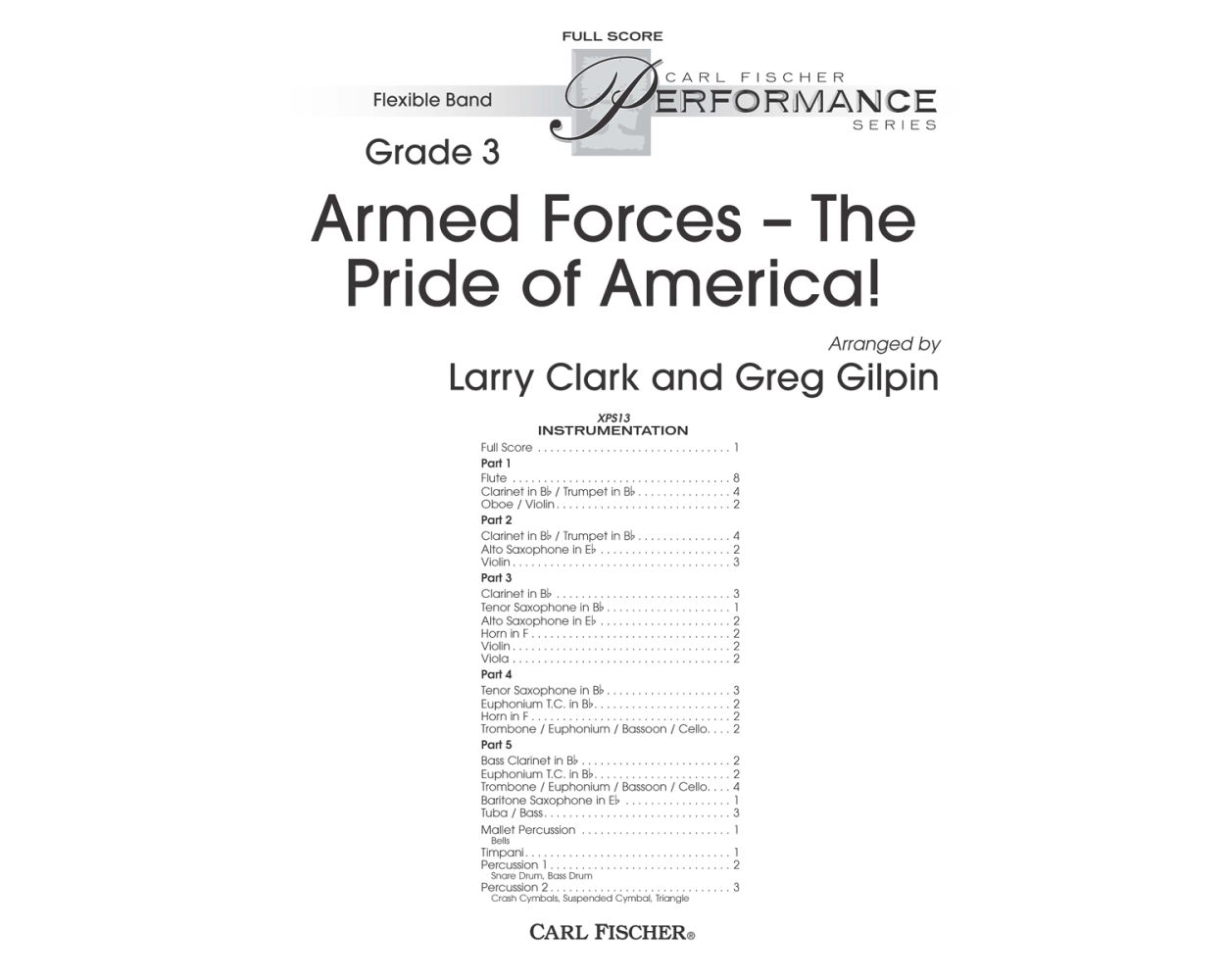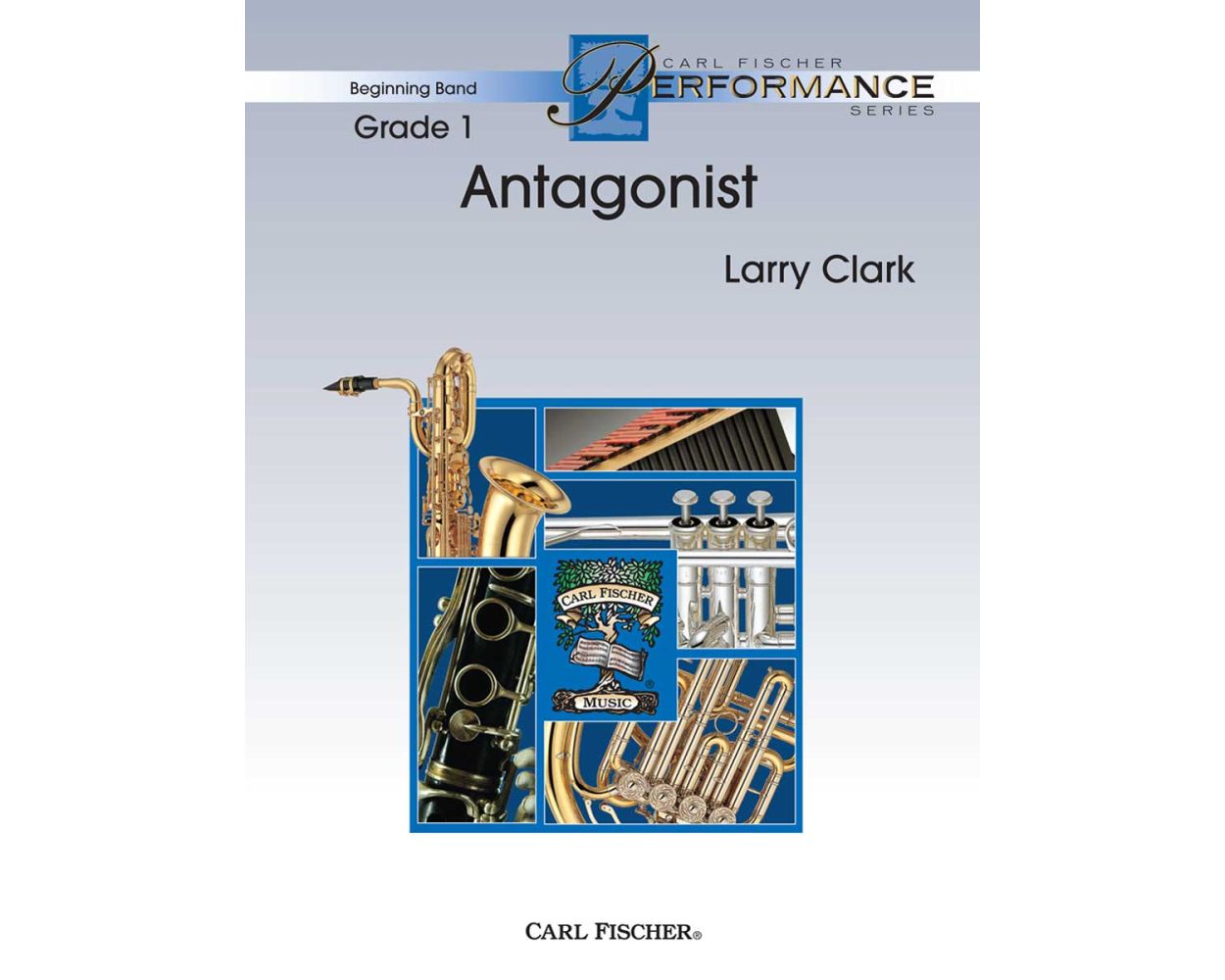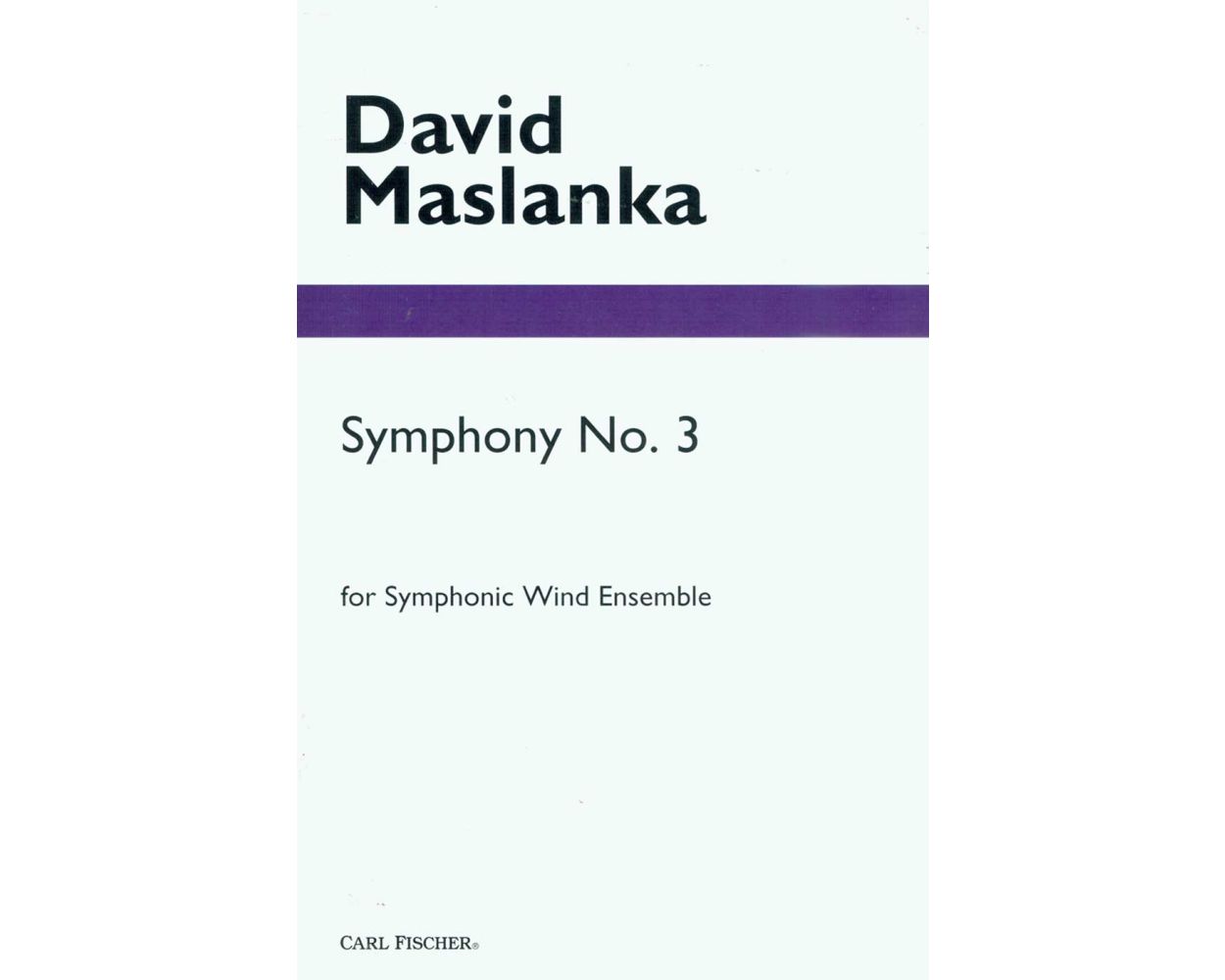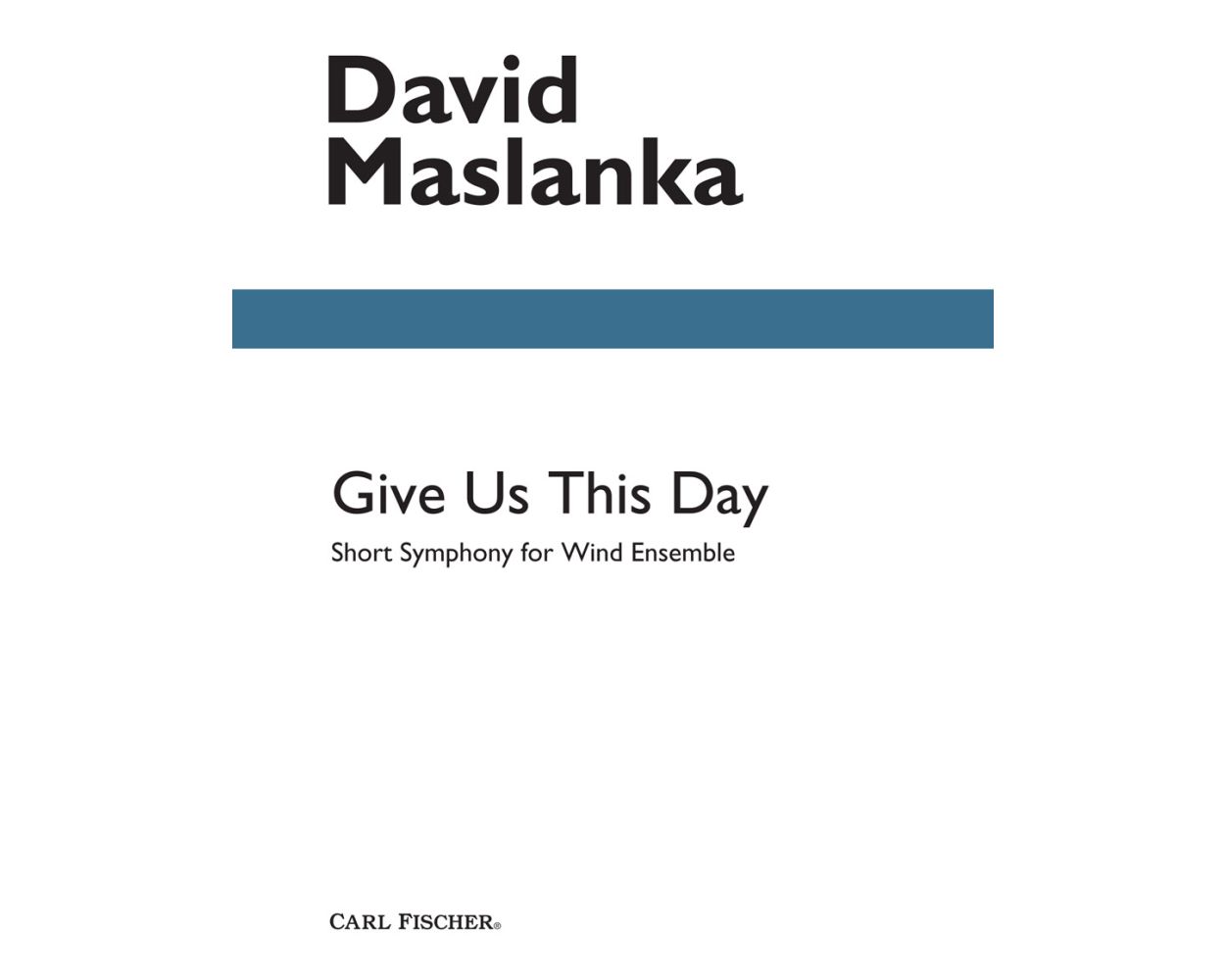Results
-
 £42.00
£42.00Rays of Light
Rays of Light is an upbeat, positive piece for developing ensembles inspired by the return of light after a dark storm. Composer George Sweet has an indelible style that incorporates a fresh harmonic perspective not commonly found in pieces at this level with simple, tuneful melodic gestures. Every section of the band is given a chance to shine in this delightful new piece for beginning band.
Estimated dispatch 12-14 working days
-
 £114.00
£114.00Armed Forces The Pride of America! - Boskerck
With theme songs from all five branches of the armed forces, stirring march themes from John Philip Sousa, and both the Pledge of Allegiance and National Anthem of the United States of America, Armed Forces - The Pride of America is sure to become a staple for patriotic programs. Arrangers Larry Clark and Greg Gilpin have taken great care in creating a uniquely flexible setting both in instrumentation and performance. Designed to be performed by band, orchestra, or chorus, separately or in any conceivable combination, ensembles need not be limited by size or instrumentation. Careful attention has also been paid to playability for ease of performance and rehearsal. An optional ending allows even further flexibility when performance time is a consideration and an optional narrator part can be used to invite rousing audience participation. This popular medley is sure to bring a stunning performance in almost any setting.
Estimated dispatch 12-14 working days
-
 £46.00
£46.00Thunderstruck
Thunderstruck is an exciting new piece from best-seller composer Sean O'Loughlin. Year after year, Sean provides us with music that is dynamic and rhythmically interesting to students and audiences alike. This piece contains an upward thrust in the melodic material that keeps reaching higher and higher into the climactic finish. Your students will reach new heights with this exceptional new piece for developing bands.
Estimated dispatch 12-14 working days
-
 £57.00
£57.00Doppler Effect
The term Doppler Effect describes the aural phenomenon of something changing pitch relative to what direction it is traveling in relation to the listener. An example is when a siren coming towards you is higher in pitch then when it is going away from you. Sean O'Loughlin uses this fascinating concept to construct an original composition that uses instances of this effect. A broad melody acts as a connective element in the piece, with a multitude of teaching opportunities for dynamics and musicality.
Estimated dispatch 12-14 working days
-
 £49.00
£49.00Adversary
Now, this is what composer Larry Clark does best! He gives developing bands daring compositions that they just absolutely love to play. In Adversary, an epic minor piece, he explores the villainous character that appears in most great stories. The added dimension of 3/4 time give this piece an intriguing rhythmic feel. It is full-sounding, but never taxing to the abilities of the developing band. A surefire winner!
Estimated dispatch 12-14 working days
-
 £38.00
£38.00Quintessence
Composer Joseph Compello draws on his many years of experience teaching beginners to give us an exciting new contest-style piece for very young groups. Quintessence consists of simple rhythms and notes, but is also quite musical, with an aggressive, driving feeling. It's a great way introduce two eighth notes that are repeated. Your first year group will sound more advanced than their years.
Estimated dispatch 12-14 working days
-
 £49.00
£49.00Fughetta - Wilhelm Friedemann Bach
Taken from piano repertoire, arranger Andrew Balent uses his long career of experience to provide bands with an exceptional teaching piece. Fughetta acts as an introduction to the Baroque style, and also teaches young students how to play contrapuntal music, a difficult and important skill. This piece has great potential for inclusion on contest/festival required lists.
Estimated dispatch 12-14 working days
-
 £40.00
£40.00Antagonist
In every great story there is always an antagonist, the character of opposing force who is central to the success of the story. Larry Clark has applied this concept to music in a new beginning band piece, fascinating in sound and an excellent cross-curricular tie with English classes, musically illustrating the structure of a good story. This piece is aggressive and at times, purposely antagonizing. Designed with the youngest of players in mind, it works on simple repeated eighth note patterns as the foundation for the melodic material. As is typical in a Larry Clark piece, interesting parts are provided for all instruments, and everyone gets to play the melody.
Estimated dispatch 12-14 working days
-
 £91.00
£91.00Symphony No. 3
The largest of David Maslanka's wind symphonies in scale and duration, Symphony No. 3 was commissioned by the University of Connecticut Symphonic Wind Ensemble, Gary Green, conductor, and premiered by them in 1991. It is in five movements and lasts nearly 50 minutes. The moderate tempo and forceful character of the first movement contrast with the serene "nature" music of the second movement. The third movement, a fast and bristling scherzo largely in A Minor, is followed by two slower movements, both labeled "lament." The composer characterizes the music of these movements as both sorrowful and joyful. The fifth movement, in particular, has the lamenting character overcome by an ecstatic vision of natural beauty and the life force. Symphony No. 3 is arguably Maslanka's most profound and satisfying large-scale work, and it ends in an unequivocal A Major that has the feeling of a benediction. Large score and parts are available on rental.
Estimated dispatch 12-14 working days
-
 £151.00
£151.00Give Us This Day
A short, two-movement symphony by the masterful David Maslanka, that demonstrates once again the rich possibilities of the wind band in the hands of a composer who understands the creative potential of the medium. The slow and richly scored opening movement makes especially fine use of an expanded percussion section, triadic harmony and melodies with the flavor of an incantation. The second movement is a driving Allegro with a stern, striding C minor theme that dominates the movement until the coda, which ends the piece with a slow, heaven-storming chorale. Despite the title (from The Lord's Prayer), the composer claims a Buddhist inspiration for his piece.
Estimated dispatch 12-14 working days
